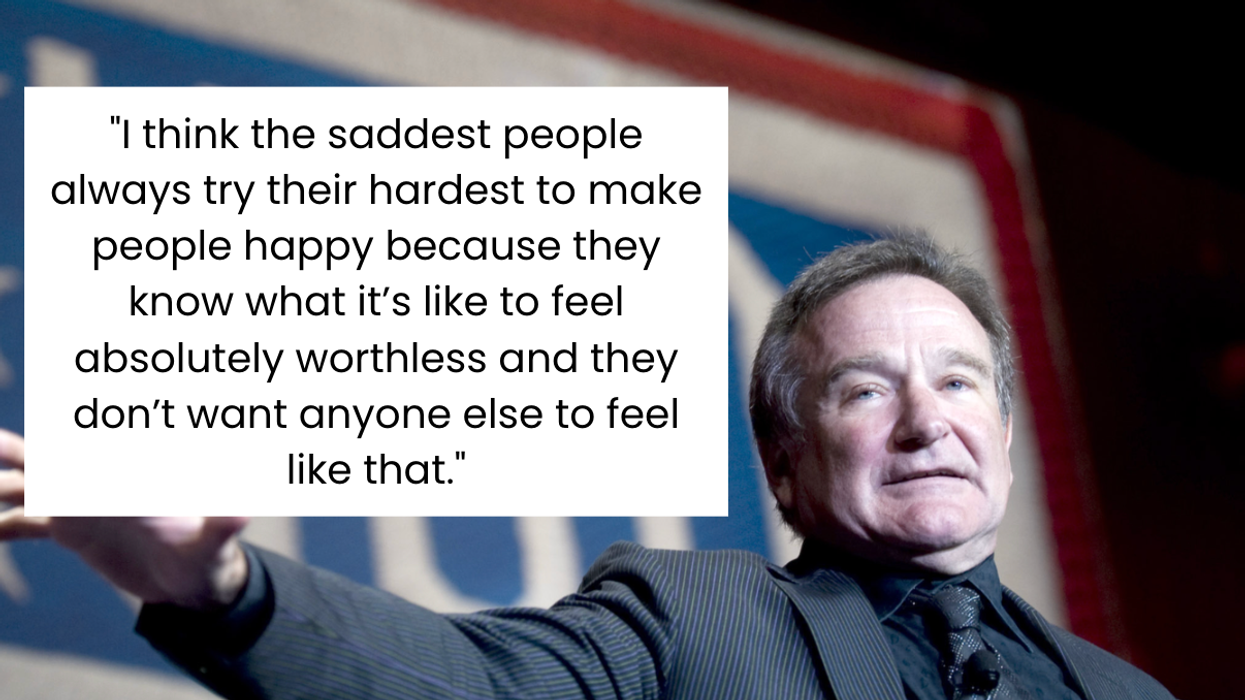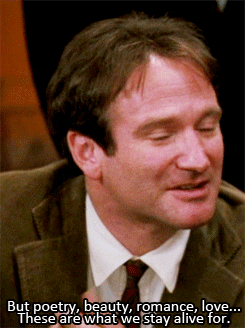Destiny works in mysterious ways. In 2019, it brought together two grieving strangers: a daughter who had lost her dad and a dad who had lost his daughter. Chastity Patterson (now Chastity Rhodes) found an unusual way to cope with her sorrow. For four years, she texted her late father Jason Ligons' phone number every day, unaware that a man on the other end was reading her messages. One day, to her surprise, she received a reply, leaving her stunned. A snapshot of her text message that day was shared by Reddit’s popular group r/MadeMeSmile.

The Arkansas woman, Patterson, had been texting her dad every day since he died in 2015. It was his fourth death anniversary and she texted him an emoji-filled message as usual. In the heartbreakingly sweet message, she related the events of her life, also telling him about her latest achievements including “graduating from college” and “beating cancer.”
“Hey Dad, it’s me. Tomorrow is going to be a tough day again,” she wrote, and continued, “It's been 4 years since I lost you and not a day goes by that I don't miss you. A lot has happened in that short time, but I know that you know since I tell you all the time.” She went on to say that she had fallen in love and got her heart broken. “You would have killed him,” she quipped, “but I picked my head up and became even a stronger woman. I lost all my friends and hit rock bottom, but I found someone who came into my life and saved me.”
She added that she was afraid of marriage because she’d have to walk the aisle alone, and her dad wouldn’t be there to tell her ‘everything will be okay.’ She said if he were alive, he’d be so proud of the woman she had become. Patterson wrapped up the letter with a note that is a tearjerker, “I just wanted to say that I love you and I really miss you!”
What made this message extra special, apart from its emotion, was that this time, she received a reply. “Hi sweetheart, I am not your father, but I have been getting all your messages for the past 4 years,” the stranger wrote, adding that he looks forward to her morning messages and nightly updates. He said his name was Brad and he lost his daughter in a car wreck in August 2014. “Your messages have kept me alive,” he said.
He said he had wanted to text her back for years, but he didn’t want to break her heart. He even appreciated and inspired her saying that she was an “extraordinary woman” and he wished that his daughter would have become the woman she was. Calling her “angel,” Brad assured her, “Everything will be okay.” He said he was very proud of her and he’d look forward to her messages the following day.

Patterson had first posted the picture of the text messages on Facebook, but these posts have been deleted since then. But as per UK media outlet Metro, she wrote in a post that Jason was not her biological father, but despite that, he never missed a school dance, prom, or her games. “I’ve cried with him, told him everything, and even became very independent because he took the time to love me and show me what happiness looks like. So yes, Jason was my father but he was a role model for many kids in our town.” The story took off from there. In addition to top media outlets, it was shared on Reddit, where it was upvoted by 1.7k people.


In December 2019, Patterson appeared as a guest on DoctorOz talk show. Speaking to the show’s host Mehmet Oz, she revealed that she was feeling already healed from her grief. She felt she was done with it and was about to delete the messages when she saw the “bubbles pop up” on her phone. When she read Brad’s message, she thought, “Am I crazy?”
Something didn’t feel right. She felt as if "someone was playing a joke on her.” She sat there for a long time, then took a screenshot of the texts, and put it on her Facebook page. She says that "she can now let her father rest,” going by the episode’s caption.





















 Robin Williams performs for military men and women as part of a United Service Organization (USO) show on board Camp Phoenix in December 2007
Robin Williams performs for military men and women as part of a United Service Organization (USO) show on board Camp Phoenix in December 2007 Gif of Robin Williams via
Gif of Robin Williams via 
 A woman conducts a online color testCanva
A woman conducts a online color testCanva A selection of color swatchesCanva
A selection of color swatchesCanva A young boy takes a color examCanva
A young boy takes a color examCanva 

 Pictured: A healthy practice?
Pictured: A healthy practice?
Will your current friends still be with you after seven years?
Professor shares how many years a friendship must last before it'll become lifelong
Think of your best friend. How long have you known them? Growing up, children make friends and say they’ll be best friends forever. That’s where “BFF” came from, for crying out loud. But is the concept of the lifelong friend real? If so, how many years of friendship will have to bloom before a friendship goes the distance? Well, a Dutch study may have the answer to that last question.
Sociologist Gerald Mollenhorst and his team in the Netherlands did extensive research on friendships and made some interesting findings in his surveys and studies. Mollenhorst found that over half of your friendships will “shed” within seven years. However, the relationships that go past the seven-year mark tend to last. This led to the prevailing theory that most friendships lasting more than seven years would endure throughout a person’s lifetime.
In Mollenhorst’s findings, lifelong friendships seem to come down to one thing: reciprocal effort. The primary reason so many friendships form and fade within seven-year cycles has much to do with a person’s ages and life stages. A lot of people lose touch with elementary and high school friends because so many leave home to attend college. Work friends change when someone gets promoted or finds a better job in a different state. Some friends get married and have children, reducing one-on-one time together, and thus a friendship fades. It’s easy to lose friends, but naturally harder to keep them when you’re no longer in proximity.
Some people on Reddit even wonder if lifelong friendships are actually real or just a romanticized thought nowadays. However, older commenters showed that lifelong friendship is still possible:
“I met my friend on the first day of kindergarten. Maybe not the very first day, but within the first week. We were texting each other stupid memes just yesterday. This year we’ll both celebrate our 58th birthdays.”
“My oldest friend and I met when she was just 5 and I was 9. Next-door neighbors. We're now both over 60 and still talk weekly and visit at least twice a year.”
“I’m 55. I’ve just spent a weekend with friends I met 24 and 32 years ago respectively. I’m also still in touch with my penpal in the States. I was 15 when we started writing to each other.”
“My friends (3 of them) go back to my college days in my 20’s that I still talk to a minimum of once a week. I'm in my early 60s now.”
“We ebb and flow. Sometimes many years will pass as we go through different things and phases. Nobody gets buttsore if we aren’t in touch all the time. In our 50s we don’t try and argue or be petty like we did before. But I love them. I don’t need a weekly lunch to know that. I could make a call right now if I needed something. Same with them.”
Maintaining a friendship for life is never guaranteed, but there are ways, psychotherapists say, that can make a friendship last. It’s not easy, but for a friendship to last, both participants need to make room for patience and place greater weight on their similarities than on the differences that may develop over time. Along with that, it’s helpful to be tolerant of large distances and gaps of time between visits, too. It’s not easy, and it requires both people involved to be equally invested to keep the friendship alive and from becoming stagnant.
As tough as it sounds, it is still possible. You may be a fortunate person who can name several friends you’ve kept for over seven years or over seventy years. But if you’re not, every new friendship you make has the same chance and potential of being lifelong.